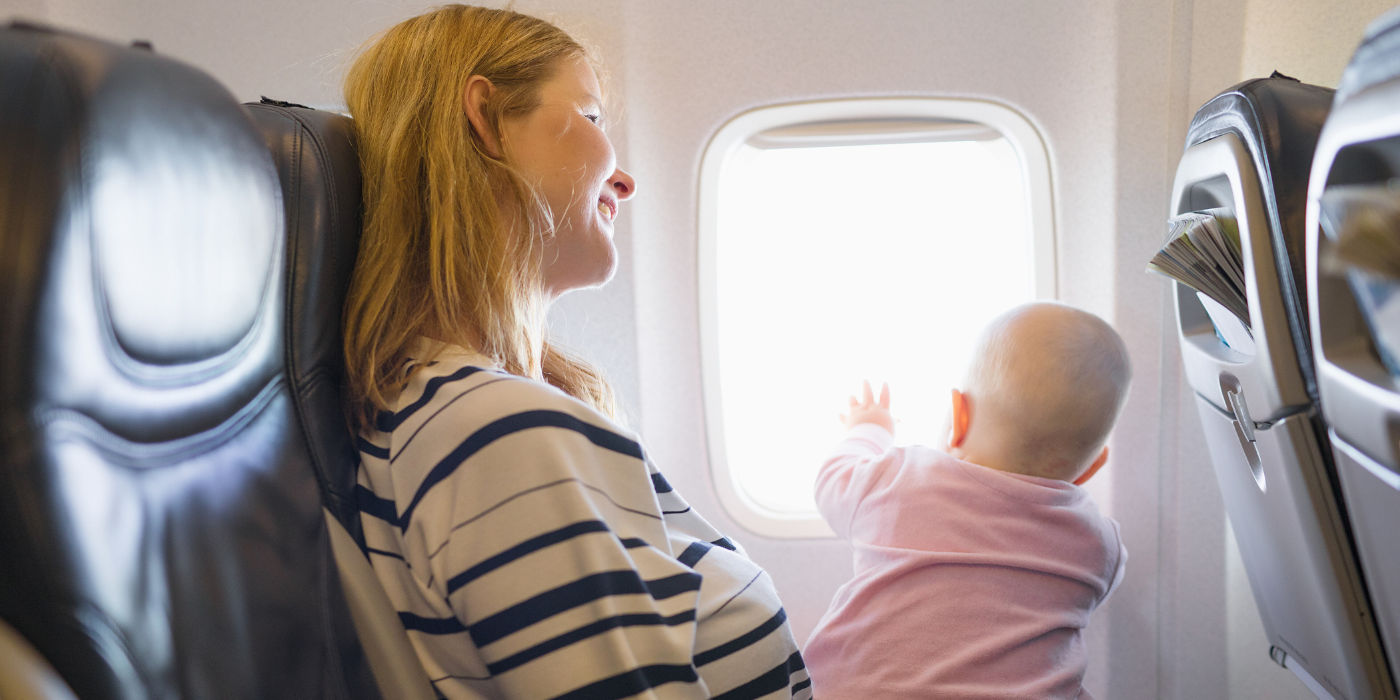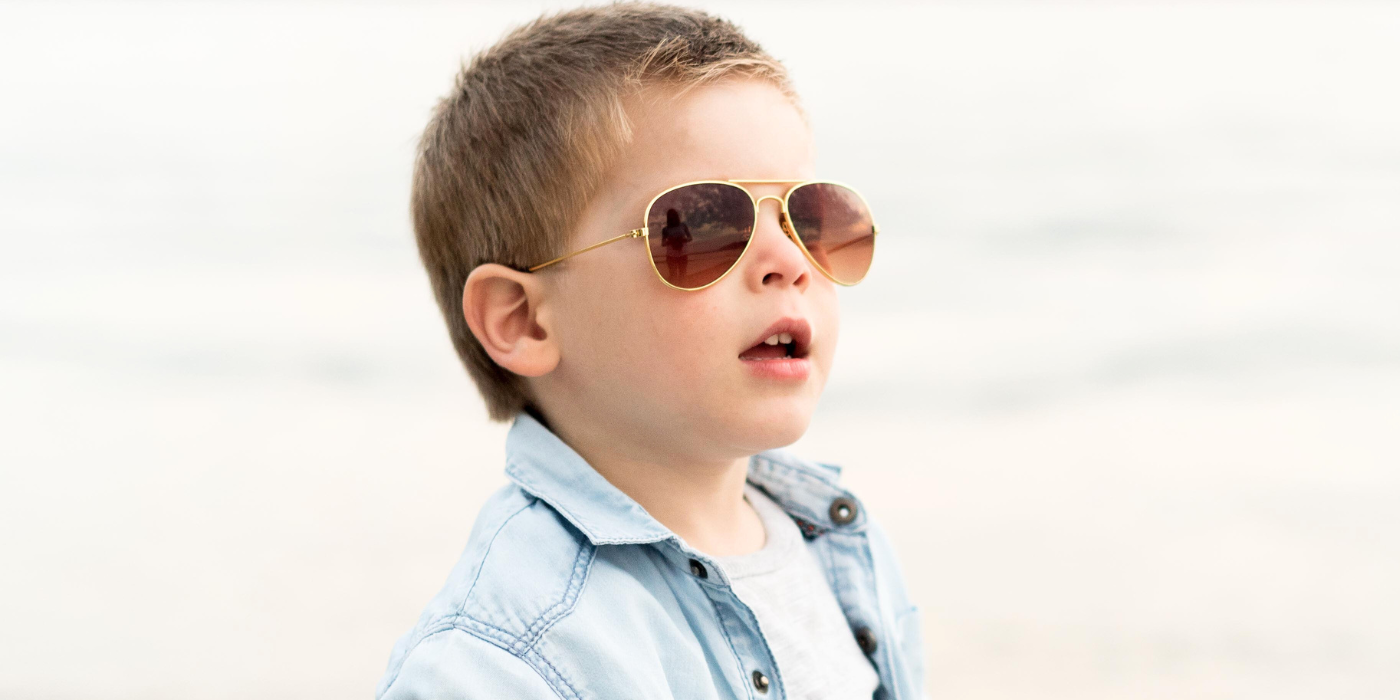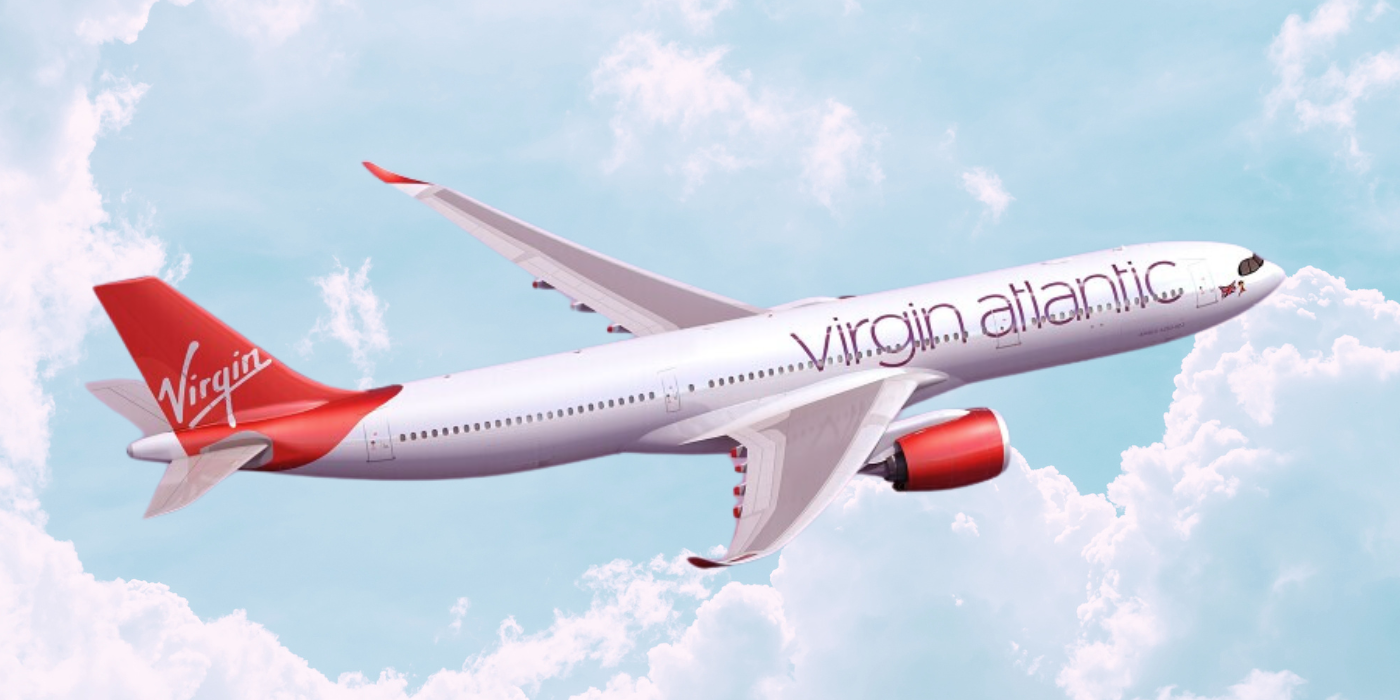Flying with a baby can seem daunting, especially for families traveling long distances or across multiple time zones. However, with the right preparation and a few practical tips, you can make the experience more manageable and even enjoyable. Whether you're an expat visiting family, a military family relocating, or simply parents taking a much-needed holiday, this guide will help ensure a smooth journey when flying with your baby.
1. Choose the Right Flight
When booking your flight, consider your baby’s schedule. Opt for flights that coincide with nap or bedtime to increase the chances of them sleeping during the flight. Night flights are often the best choice for long-haul travel as they align with the baby’s natural sleep cycle. Also, consider booking a direct flight to minimize the stress of takeoff, landing, and potential delays.
2. Select the Best Seats
Look for bulkhead seats, which are at the front of a section, as they offer more legroom and space for your baby to move. These seats are ideal for setting up a bassinet or having your baby on your lap comfortably. Many airlines provide bassinets for babies under a certain weight, so be sure to request one when booking. If a bulkhead seat isn’t available, a window seat can provide more privacy and fewer distractions for feeding or napping.

3. Pack Smart and Light
Your carry-on should be well-organized and packed with all the essentials. Here’s a checklist to consider:
- Diapers and wipes: Pack more than you think you’ll need to account for any delays.
- Baby food and snacks: Bring enough formula, breast milk, baby food, and snacks for the duration of the flight, plus extra in case of delays. Breast milk and formula are exempt from liquid restrictions but should be declared at security.
- Extra clothes: Pack an extra outfit for both you and your baby in case of spills or accidents.
- Favorite toys and comfort items: Bring a few favorite toys or comfort items like a blanket or stuffed animal to help soothe your baby.
- Changing pad: An easily foldable changing pad is useful for airplane bathrooms, which often have limited space.
4. Prepare for Security Screening
Navigating airport security with a baby can be challenging. Arrive at the airport early to give yourself extra time. Have all liquids, baby food, and medications in clear, resealable bags. Baby items such as formula, breast milk, and medications are allowed in reasonable quantities and are not subject to the standard liquid limits, but they must be declared and may require additional screening.
5. Feed During Takeoff and Landing
Changes in cabin pressure during takeoff and landing can cause discomfort in your baby's ears. To help relieve this pressure, try to feed your baby during these times. The sucking motion helps equalize ear pressure. Breastfeeding, bottle-feeding, or offering a pacifier are effective ways to help keep your baby comfortable.
6. Utilize In-Flight Comfort Items
Consider bringing in-flight comfort items like a baby carrier or wrap. This allows you to keep your hands free and your baby close, which can be soothing for both of you. If you have booked a seat for your infant, Flyaway Kids Bed is a great product to consider for long flights as it creates space for your baby to sleep and play comfortably on the plane - a great investment if you fly frequently. Just check the list of approved airlines to make sure you can use it onboard during your flight.

7. Engage and Entertain Your Baby
Keeping your baby entertained can make the flight more enjoyable. Bring a mix of favorite toys and new items to capture their attention. Small books, soft toys, and sensory items like crinkle cloths can be great distractions. If your baby is old enough, digital content such as baby-friendly apps or videos downloaded to a tablet can provide entertainment.
8. Take Advantage of Airline Services
Many airlines offer special services for parents flying with babies. These may include priority boarding, additional baggage allowances for baby items, or pre-ordering baby meals. Check with your airline in advance to see what services are available and how they can make your flight more comfortable.
9. Stay Calm and Positive
Babies are sensitive to their parents' emotions. Keeping calm and maintaining a positive attitude can help reduce your baby’s anxiety and make the flight more pleasant for everyone. If your baby starts to cry or gets fussy, try to remain calm. Gently soothe them with familiar songs, a gentle rocking motion, or a favorite toy.

10. Be Prepared for the Unexpected
Expect the unexpected and stay flexible. Flights can be delayed, babies can have unexpected needs, and things may not always go as planned. Having a backup plan (like extra snacks, clothes, and patience) can make all the difference. Remember, you’re not alone; most parents on the flight have been through similar situations and will empathize with your journey.
11. Plan Ahead for Your Destination
Consider the practicalities of your destination. If you're visiting family or relocating, ensure there is a safe sleeping space for your baby, like a portable crib or bassinet. If you're staying in a hotel, confirm that they provide baby amenities like cribs, high chairs, and bottle warmers. Research local transportation options, such as car seats for taxis, to make the transition from the airport to your destination smoother.

Final Thoughts
Flying with a baby doesn’t have to be stressful. With careful planning and the right tips, you can ensure a smoother, more comfortable journey for both you and your little one. Whether you’re an expat family, a military family, or parents planning a holiday, these tips will help you prepare for a memorable trip.



